Overclocking system memory is just as much about luck as it is about skill, in that regard it isn't too dissimilar from CPU overclocking and “the silicon lottery”. Some modules will overclock better than others and the only real way to establish the capability of a module is to test its limits.
For our overclocking we took a simple approach that could be replicated by anyone at home. We upped the voltage from 1.2 volts to 1.35 volts, which is generally seen as a voltage level that's safe for long term operation, we left timings on auto and gradually increased memory dividers until the system refused to POST. We applied the same procedure to all three Crucial kits and came up with some surprising results.
From left to right, top to bottom, we managed to achieve 2,800MHz on the Ballistix Elite, 2,933MHz on the Ballistix Tactical and 2,800MHz on the Ballistix Sport. Both the Tactical and Sport results are very strong, an increase of 267MHz for the Tactical and a hefty 400MHz for the Sport.
The Elite felt somewhat disappointing since it is the most expensive kit of the bunch and the most well built, it “only” managed an extra 134MHz. It can perhaps be inferred that there isn't really any performance or frequency binning of memory ICs between the Crucial Ballistix range – you're just as likely to get a strong overclocking kit from the cheaper Sport line as you are from the more expensive Elite range.
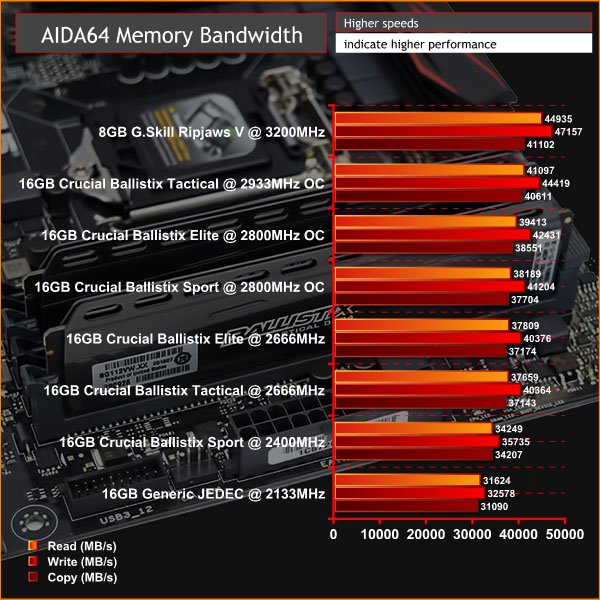
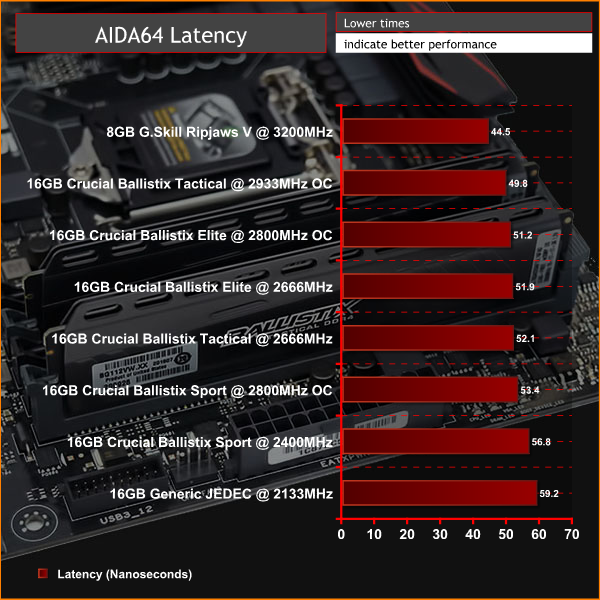
Overclocked performance in terms of bandwidth and latency was well improved for all modules. Interestingly, the Ballistix Sport Kit was a notable amount slower than the Elite kit at 2,800MHz despite sharing identical timings and voltages.
In some cases it is true that not all modules will perform the same at the same frequency, it's also not uncommon to see memory performance decline as frequency increases – even if a memory module is stable at the higher frequency overclock.
 KitGuru KitGuru.net – Tech News | Hardware News | Hardware Reviews | IOS | Mobile | Gaming | Graphics Cards
KitGuru KitGuru.net – Tech News | Hardware News | Hardware Reviews | IOS | Mobile | Gaming | Graphics Cards


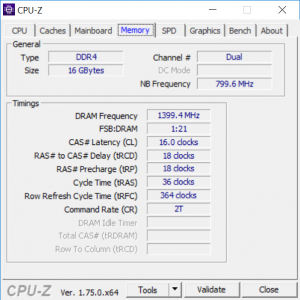
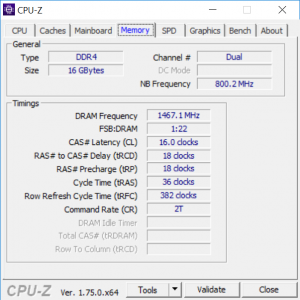
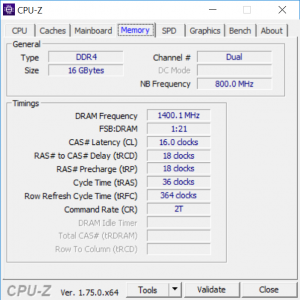
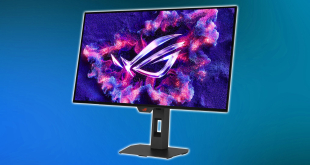
Cpuz displays too little information from SPD. I would recommend using Thaiphoon Burner instead of cpuz. It’s a very neat and helpful utility.